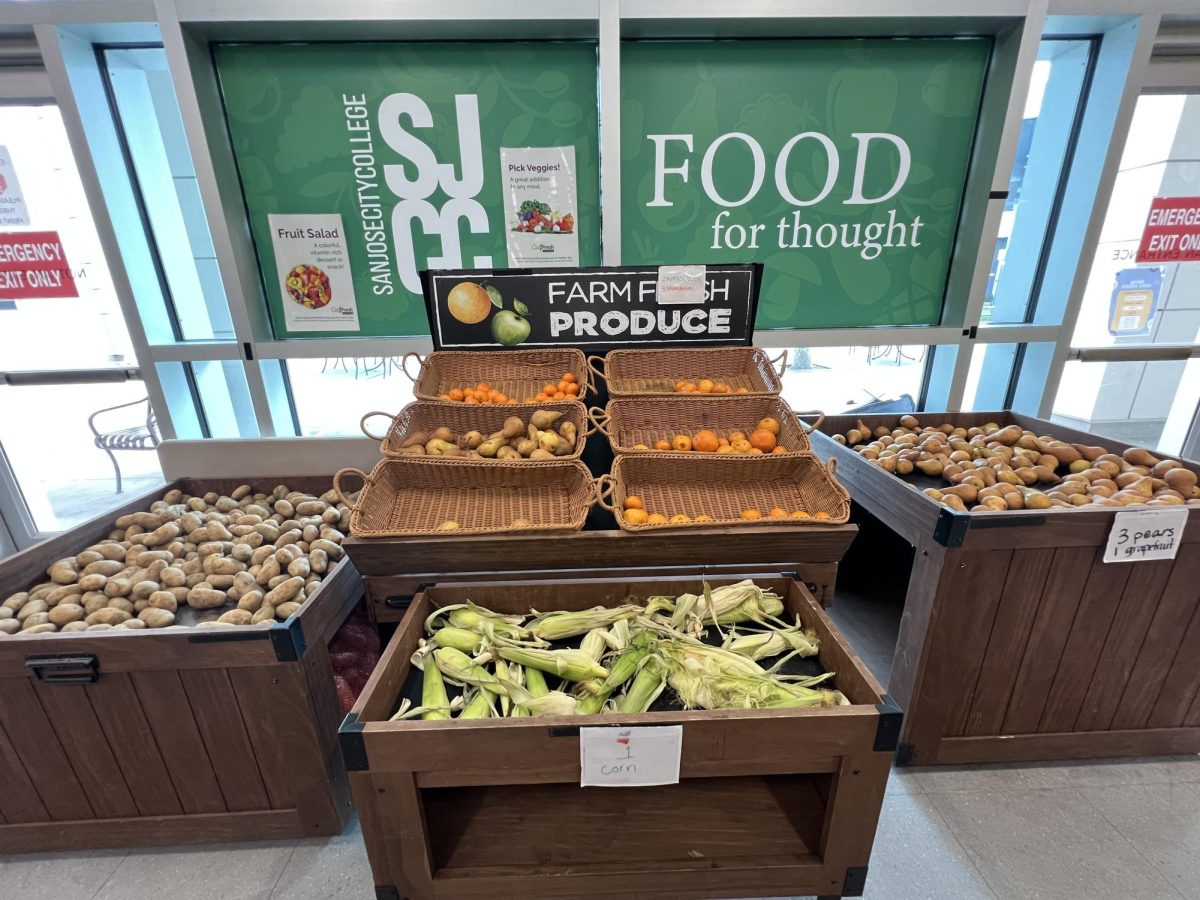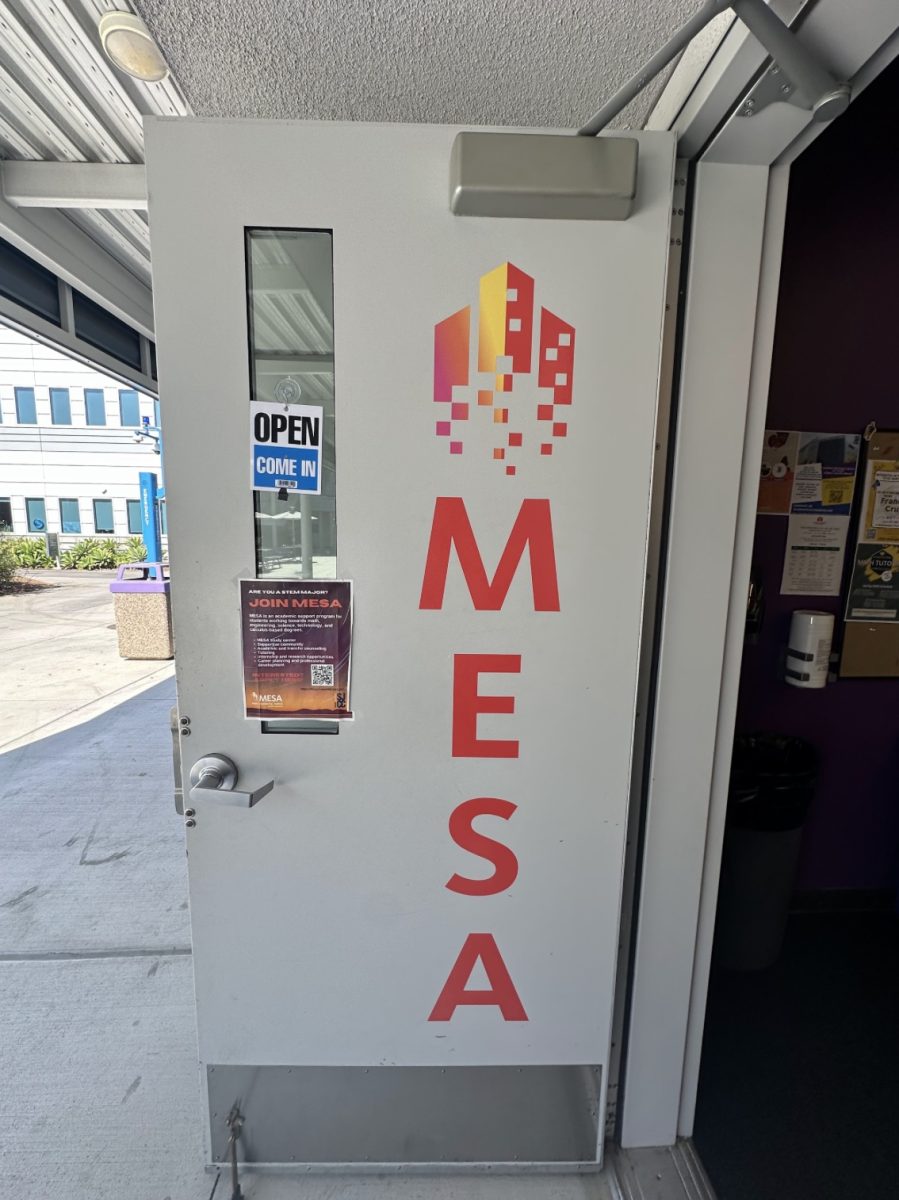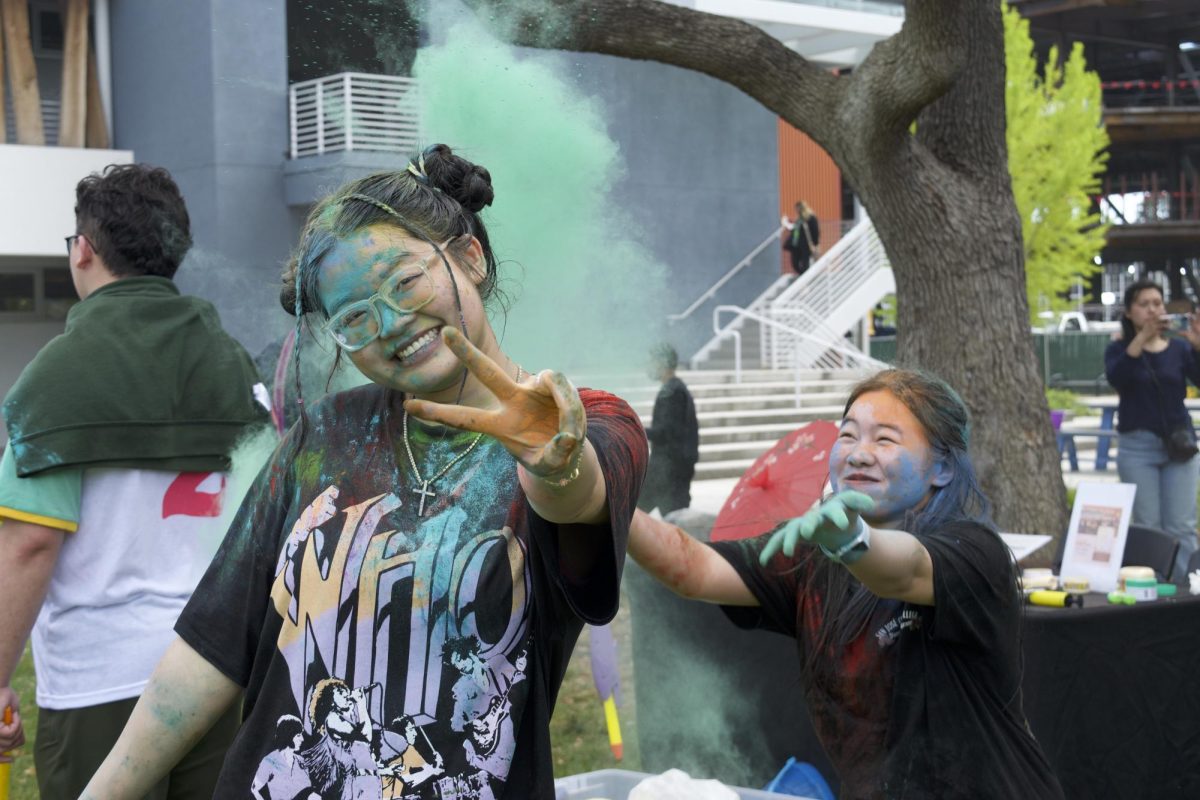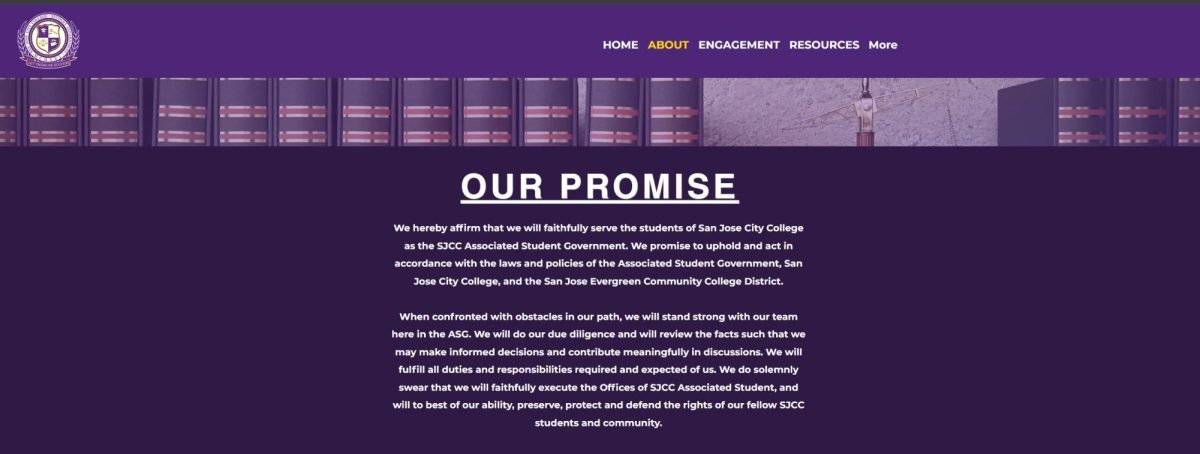As students continue through the semester at San Jose City College, one struggle that students face is the reality of not having enough money to pay for groceries. In response, SJCC has partnered with Second Harvest of Silicon Valley to open the Jaguar Market to support students with free food.
SJCC provides students with dairy, frozen meat, and fresh produce which are donated from local grocery stores such as Safeway and Target to name a few , all of which are free to students. Dr. Rene Alvarez Dean of Academic Success and Student Equity who directs Basic Needs services and resources explained that with the help of The California Community College Chancellor’s Office (CCCO) SJCC also receives grants for $25 thousand each semester to purchase food from suppliers such as Amazon, the food purchased with these grants is then distributed at Jaguar Market.
For Luna Abdul, a second-year psychology major, this resource helps him in his daily life: “I think it’s great, it takes money off your grocery bill”. Another Engineering student, Randy Hernandez finds value in the market’s location, as well as its most obvious function, “I don’t have to pay, it’s free,” said Hernandez.
Although the Jaguar Market offers free food, students note that the market should not be used as a complete replacement for a traditional grocery store. The market is closed from Friday to Sunday, so students must plan ahead to stock up for the weekend.
According to Enrique Hernandez, a Biology Student and also a Jaguar’s Market Staff the peak hours are between 9:00 am to 12:00 pm and 1:00 to 4:00 pm, during which, they frequently run out of food. “We may not have as much but we are a free food service,” said Hernandez. “We just plan out what days we take out what [donations] and space it out [to give] everybody a chance for food.”
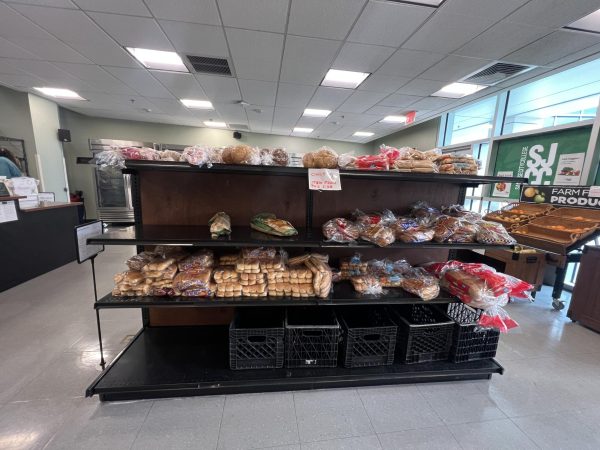
Abdul explained that when he shops at Safeway (one of Jaguar Market’s primary distributors), the quality of the food is fresh and that he seldom sees mold spots. He does not feel the same standard carries over to the food sold on campus at the Jaguar Market. “You have to check if it’s expired, you have to bring it to their attention,” said Abdul.
Even though the food is donated, the Jaguar’s Market personnel try to be cautious with the quality of the food that they provide. “We personally sort out the ones that look really bad, we throw them out and then we put out the ones that look okay,” Hernandez said.
Jaguar Market Program Coordinator, Daniela Muñoz Martinez discussed her strategy to change popular connotations around the shelf life of food. “What we do there is we try to eliminate things [food] being tossed in the garbage that are not unsafe to eat, that may just not be at its peak.” She explained that the Jaguar Market is following the United States Department of Agriculture’s (USDA) suggestions to limit food waste.
Part of this campaign focuses on clearing up misconceptions around food labels, “when you see those “best buy”, “sell buy”, and “expired buy” labels it doesn’t mean that the food is unsafe or unhealthy to eat. It just means that its peak is now coming down.” The USDA’s website says that they have suggested food brands stop using “expired by” labels and instead use “best buy” labels to more accurately articulate the state of the product. The USDA does not suggest eating food with “signs of spoilage”, including mold. Here is the USDA’s cheat sheet Is This Still Good To Eat?. After Publication Dr. Rene Alvarez provided the City Times with Final Code/Date Extension Guidelines For End Users which he said all Jaguar Market employees are trained on.
College Times found that select breads, such as Whole Wheat Artesano, were labeled as expired and some had mold spots. When asked about this Hernandez said, “If they do end up having a few spots here and there it’s because us workers will miss a spot on the edge of a tomato or bread and that’s when we apologize.”
Hernandez explained that Jaguar Market is only a distributor of food that has been donated to them. “We are required to tell people that [our food is] from Second Harvest,” meaning that most of what is donated is “food that either doesn’t get sold or is too ugly,” said Hernandez.
As the semester rolls along the Jaguar Market continues to offer students free food and is located in the Robert N. Chang Student Center on the first floor. Operating hours are from 9 am to 7 pm Monday through Thursday. The market is closed Friday through Sunday.
Corrections:
- Daniela Muñoz Martinez title was changed from Director to Program Coordinator
- After publication the City Times received a comment about grants used to purchase from Amazon which is then distributed to students by Jaguar Market from Dr. Rene Alvarez, Dean of Academic Success and Student Equity. His comment was added to the story.
- After Publication Dr. Rene Alvarez provided the City Times with Final Code/Date Extension Guidelines For End Users which he said all Jaguar Market employees are trained on. Link to this guide were added to the story.

